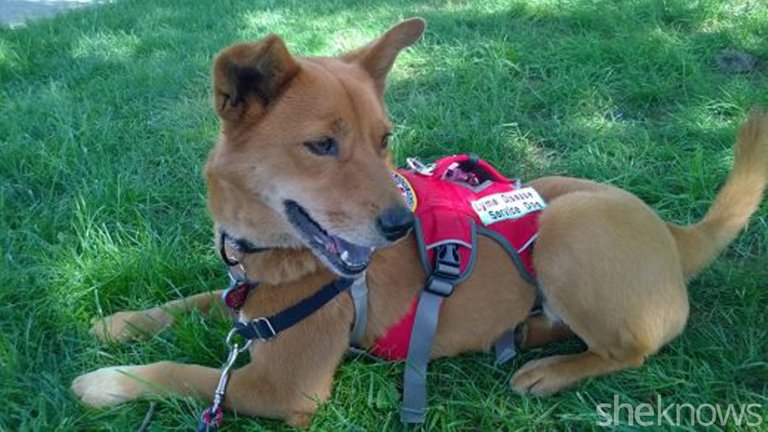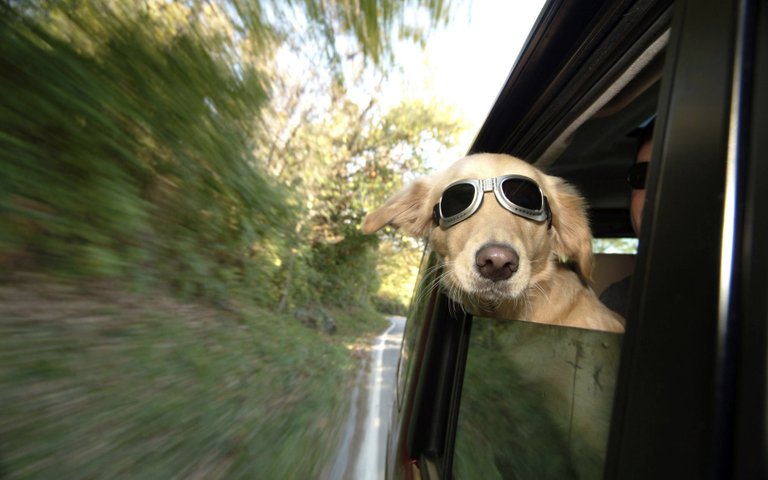
Since we all love dogs, I think this might be something new and interesting for some of you. We all know a lot of things about our four-legged friends. We know how to train them, to groom them, what type of canned food is their favorite and so on. However, there are some dogs who are not as famous as others. If I say Golden Retriever or German Shepherd, I bet more than 95% of you will know what I’m referring to. But what if I told you about the Kuvasz or the Azawakh?
‘Uh... Wait... What language is that?’ many of you would ask.
Well, I don’t know the exact language, but I do know that those are actual dog breeds, so in order to enlighten both myself and you, I’ve compiled a list of some other fluffy underdogs who are really rare and unique.
Tibetan Mastiff
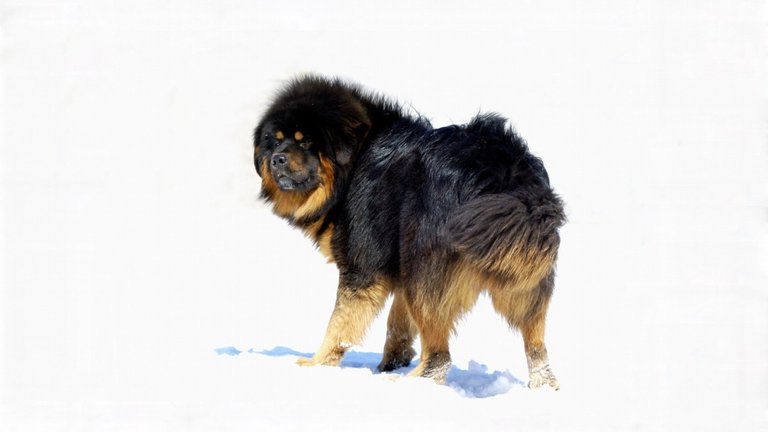
This is one of the largest dog breeds out there. It was bred as a guardian dog for sheep herds, monasteries, palaces and therefore it’s a rather nocturnal dog. It can be kept as a pet as in captivity they are easygoing and playful, but they need a lot of space. A large open yard would do. Even though they are gentle dogs, it’s not recommended to let the dog free at night, as their origin is that of a guardian, so they can become violent if somebody crosses their territory.
Catahoula Leopard Dog
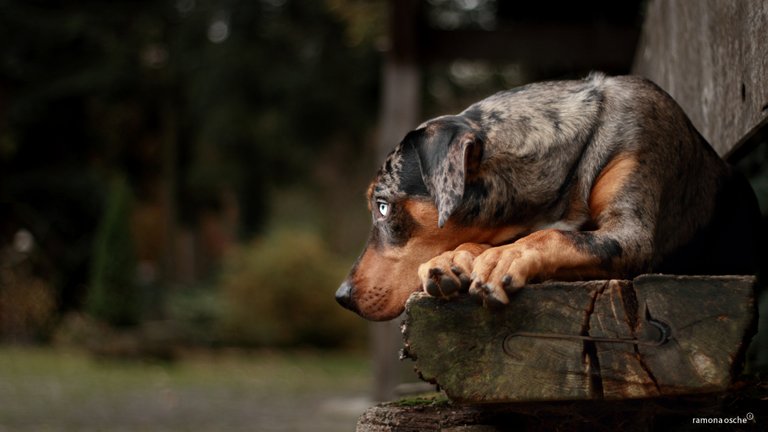
This spotted doggo is the state animal of Louisiana since 1979. It was originally used for hunting wild boar, therefore it’s also known as the ‘Catahoula Hog Dog’. This sweet canine can be held as a pet, but is highly energetic and needs human interaction, so you need to offer a significant portion of your time every day. They are very protective of kids, as they feel it’s their responsibility to take care of the little ones. Also, they can’t adapt to apartment life so a big yard is needed for the doggo to run about.
Peruvian Inca Orchid
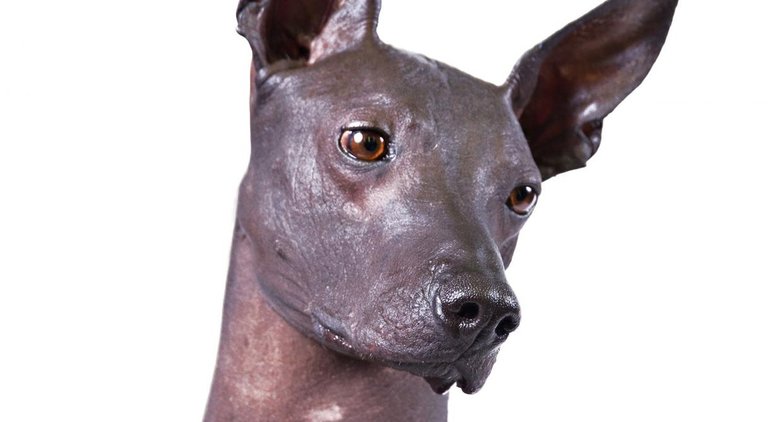
This breed is one of the few hairless breeds out there. They are very active and friendly with other dogs, but they can grow a little too overprotective with the women and children of the family. They can’t stand extreme temperatures due to their lack of fur and their temperament is quite difficult to manage. This dog, no matter how cute, is not recommended for beginner dog lovers as it is quite pretentious and difficult to raise.
Azawakh
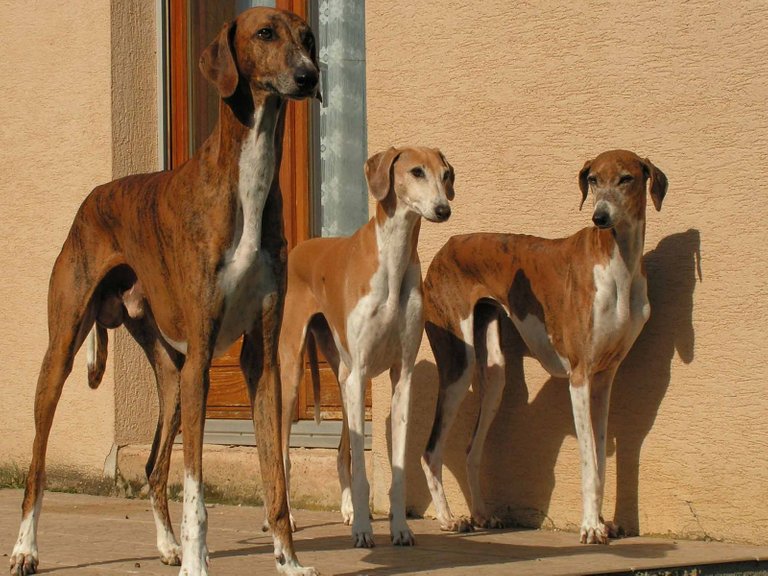
The Azawakh is a hound, a guardian of livestock originating from West Africa. It is also used as a hunting dog by certain African communities. This breed is associated with the nomadic Tuareg people. They are difficult to train, as they need a high level of attention. Once they acknowledge a master they are very loyal and loving. An Azawakh needs another Azawakh around in order to thrive. Many dogs of this breed dislike rain and cold weather, so the climate is important too.
Mudi

This a Hungarian herding breed that is also used for work, sports or companionship. They are a very active breed and need to be taken on daily long walks. They need tons of running and exercising to be in good condition. Mudis become very attached to their family but can become aloof with strangers, so early socialization is recommended.
Karelian Bear Dog
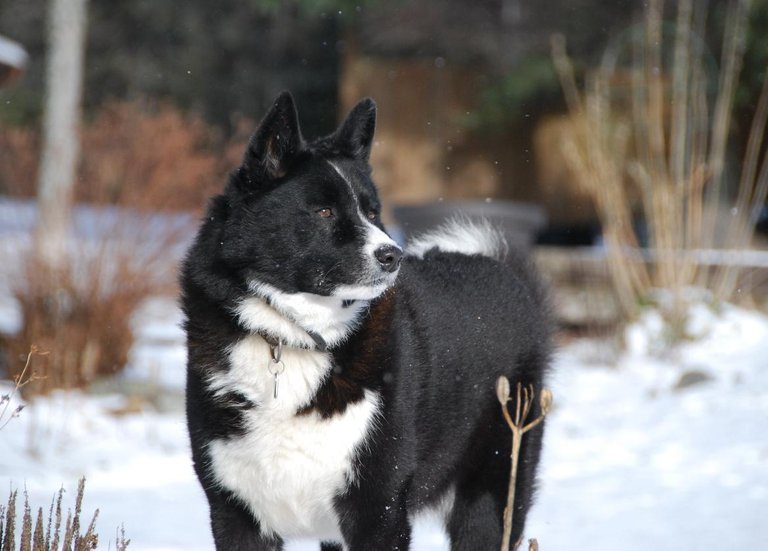
This is a Finnish or Karelian breed which is regarded as a national treasure in its home country. Due to their fearless nature, they are used for hunting very dangerous game such as bears, wild boars or even moose. They are innately aggressive to other dogs, so socialization from an early stage is a must. The Bear Dogs are very territorial and hard to manage, and they need a large, open space to consume their seemingly endless amount of energy.
Carolina Dog
These are medium-sized, feral dogs that live mostly in the southern regions of US. Re-domestication of the Carolina Dog has become quite popular, and they can make good companions with proper socialization. Even though they can be found in the wild, if domesticated they are playful and can form close bonds with other dogs. When properly socialized, they are very loyal and strongly connected to their owner. However, even a domesticated Carolina dog can sometimes become reluctant or suspicious around strangers.
New Guinea Singing Dog
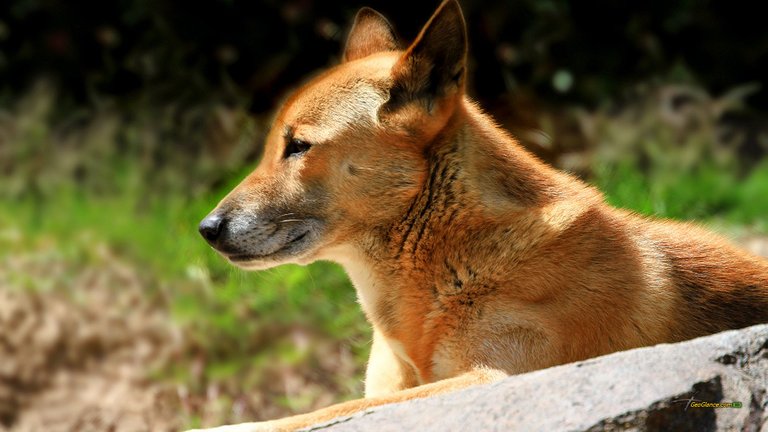
A rare type of dog native to the New Guinea Highlands, this charming quadruped received its name due to its interesting vocalization. In morphology, it is similar to the Dingo, besides its slightly lower height. This breed has not been domesticated, even though some zoologists believe that they are not of wild provenance, but rather an old New Guinean village breed. They are really shy masters of delusion and ninja-like quick escapes, but they are not violent towards humans. There are a few cases of domestication, but I couldn’t find any trustworthy information regarding their behavior as pets.
Ibizan Hound
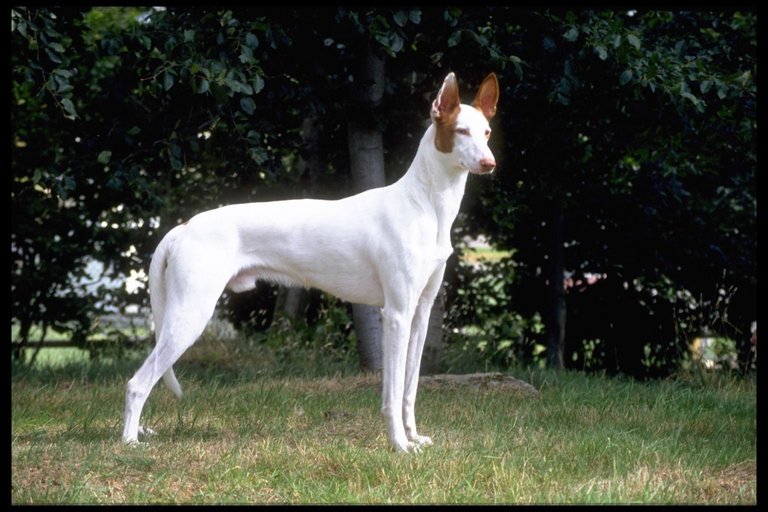
These are lean, agile dogs that are catalogued as hounds. They have large, pointy ears, which is the trademark of this breed. There two different variations due to different fur types: smooth and wire. They were originally used for hunting rabbits and small game and their females are considered as the better hunters. Experts consider the Ibizan Hound to be one of the oldest breeds around. As a pet, they are very disciplined, obedient and co-operative with their owner.
Kuvasz
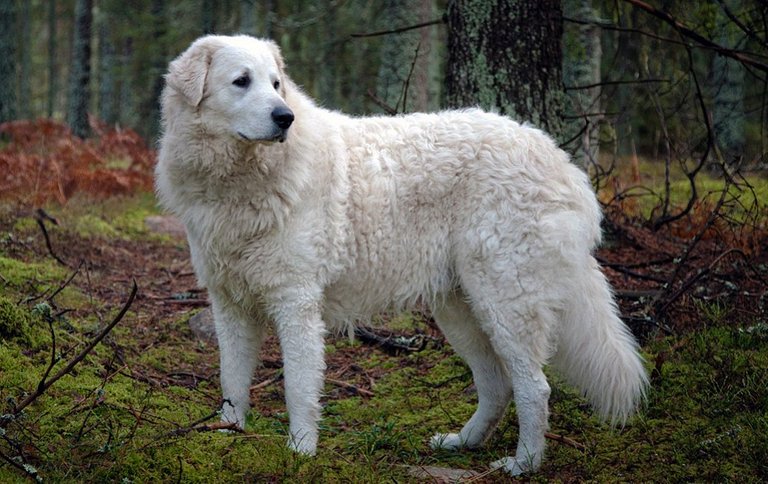
This is another ancient breed, though this time we have a Hungarian dog in our attention. Just like a few other breeds on this list, the Kuvasz is a guardian of livestock or sheep herds. Mentions of this breed can be found in old Hungarian texts, as they were also used as royal protectors. Highly intelligent and goofy, somewhat similar to Retrievers, they are described as clownish, independent beasts. Obedience training and socialization are a must, as they can turn quite obnoxious and overwhelming if left to act as they desire. However, they are very loving and playful.
Komondor
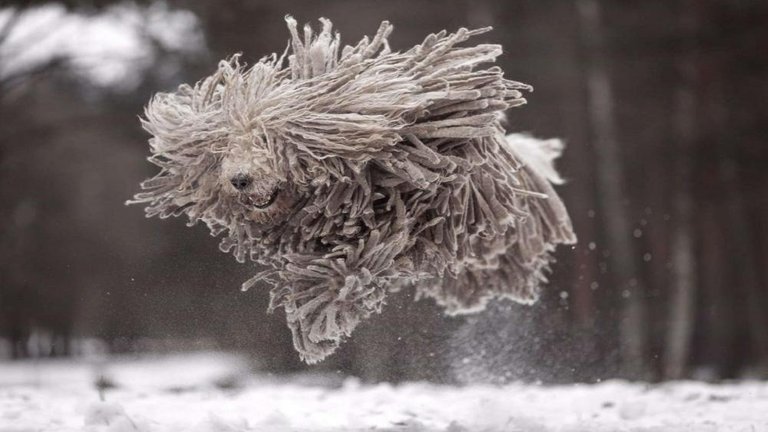
I like to call this guy the Rasta Monsta! Another Hungarian breed of sheepdog, these furry fellows make up a traditional species in Hungary, considered a national treasure. The first mention of the Komondor dates as far back as 1544, written in the Hungarian Codex. They have protective instincts towards property and territory. The Komondors are affectionate with their families and gentle with children and friends of the family. These fuzzballs are also very protective of other pets, but can’t tolerate trespassing animals. These dogs also can’t be kept in apartments, as they can’t adapt properly.
Spanish Water Dog
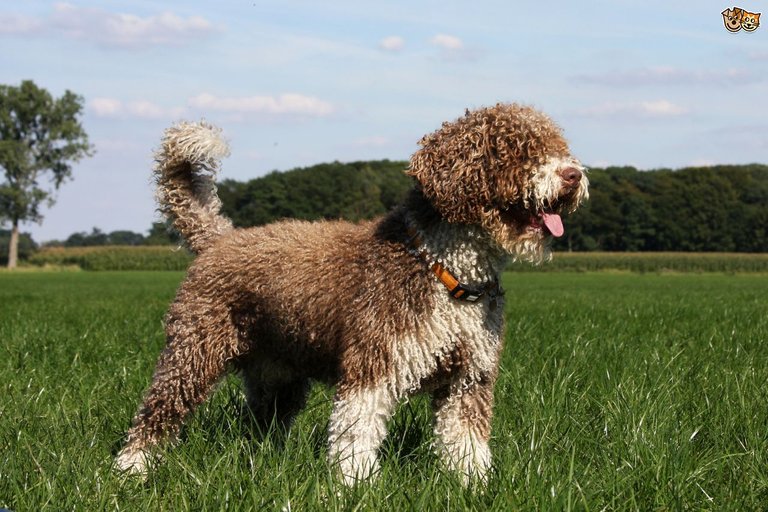
Just as the name suggests, these dogs are great swimmers and apt water retrievers. They have been imported from Turkey several hundred years ago and were mainly used for guarding sheep (I guess at this point this is no longer a surprise). As pets, they are loyal, affectionate and intelligent. They become self-appointed guardians of their home, and they are extremely energetic and playful. Socialization is extremely important because they are naturally reluctant to other dogs or strangers.
Finnish Lapphund
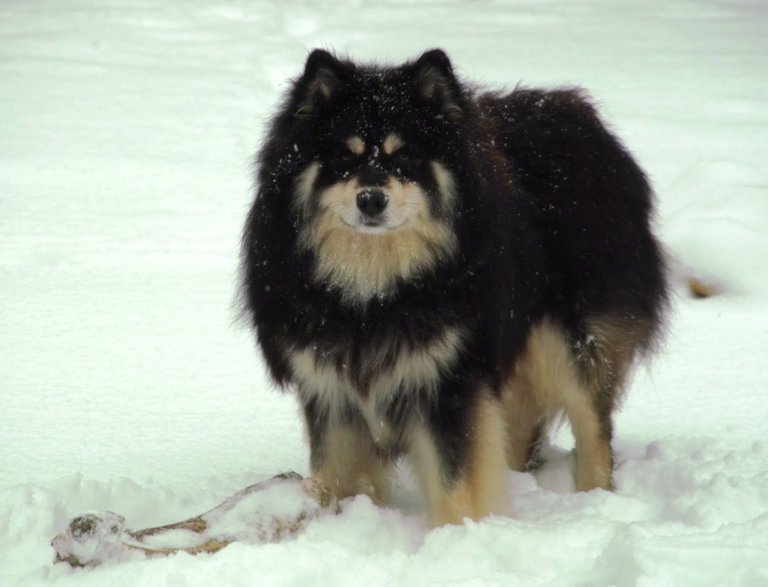
This breed brings something new onto the stage. They have been originally used as reindeer herders. They are very famous in Finland, their country of origin, but rarely encountered in any other Nordic countries. Very intelligent and active, the Finns are highly responsive to training. They are very swift and agile, and some owners claim that they even think actions through. The Lapphunds are very friendly and alert. Due to their facile adaptation to families, they are great children companions. Very curious in nature, they can sometimes get into trouble, so supervision is recommended.
Bergamasco
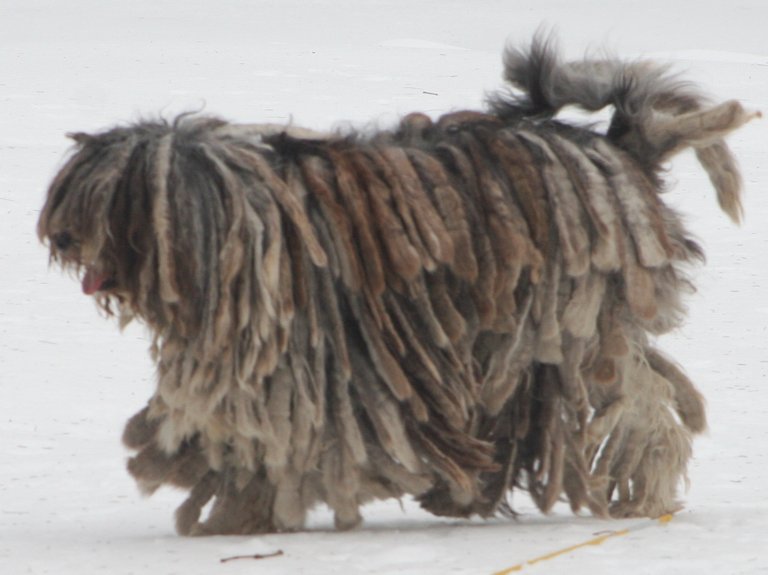
These doggos are the Italian Rasta Monstas. They are very similar to their Hungarian counterpart, both in history and behavior. Initially used for herding and guarding, they are very loyal, territorial and protective dogs. The Bergamascos develop a very strong connection to their owner and are observant and patient. However, they can be overly shy or aggressive, so obedience training Is highly recommended.
Wolfdog

The last one and my personal favorite is the Wolfdog. There are several breeds that are catalogued as wolfdog, depending on their origin. Naturally, a Wolfdog is the result of mixing wolf species with dogs. When it comes to the domestication of this breed there are two eternally colliding views. Some people consider that they can be raised as pets, as long as some specific terms are met. Others claim that it’s impossible to tame this magnificent beast.
They are extremely independent and very dominant, similar to the Husky. Imagine a husky’s behavior, multiply it by four and you’ll get the Wolfdog. When they have been successfully trained, which is an extremely difficult and time-consuming task, they become very loyal and obedient as long as they consider the owner ‘The Alpha’. They are magnificent beasts, but they require a lot of strength, courage and also the acceptance of the possibility that you might get bitten pretty bad while trying to train them or when showing weakness.
They act differently from dogs and they can’t be considered pets. It’s virtually impossible to completely domesticate them, and in order to keep them they need a large, natural space where they can act wild. It’s very difficult to own one and they need a lot of special conditions and treatment. If not kept in a proper environment where they can express their wild nature they are suffering. In my opinion, this majestic wolf can only be taken care of as long as the owner undergoes training from an accredited organization that handles wild canids.
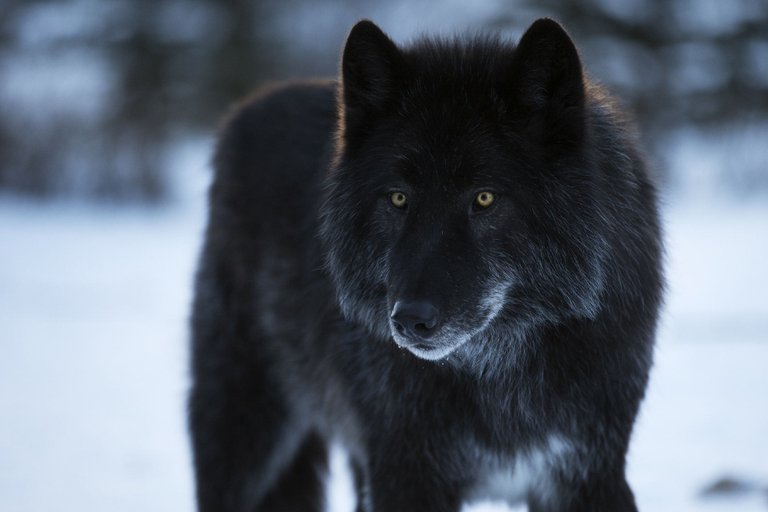
Just feast your eyes upon this marvelous creature of God!
Please leave in the comments section your thoughts, opinions, and advice. If you own one of these breeds, it would be awesome to share with us your experience with your furry, playful (or not) doggie.
